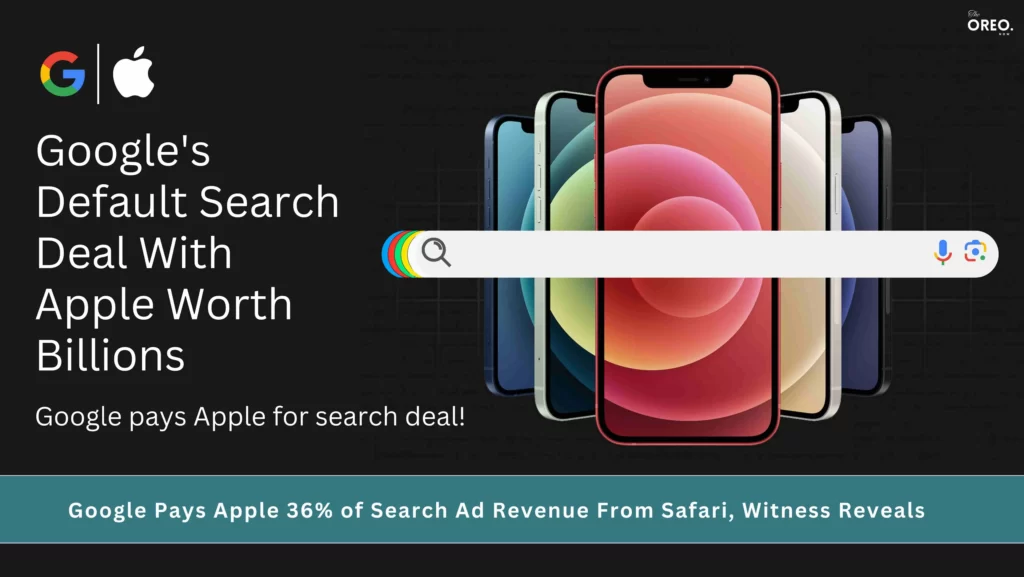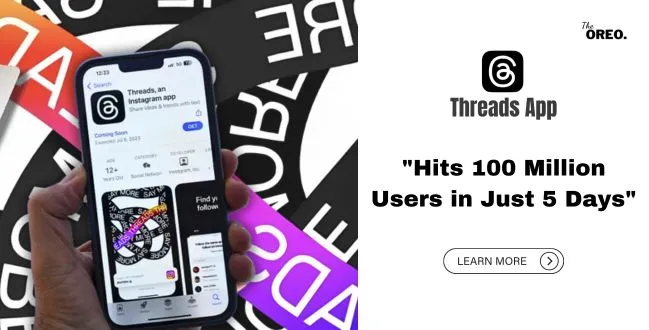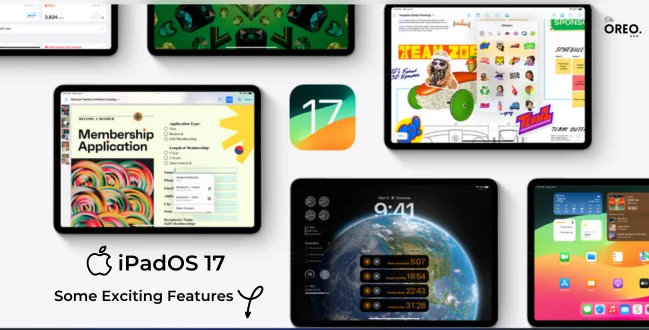Google Pays Apple 36% of Search Ad-Revenue from Safari – Exposed

Google pays Apple a 36% share of search advertising revenue. During an antitrust trial, a Google witness accidentally revealed that the company gives Apple a 36% share of search advertising income produced through its Safari browser.
The witness was Ken Murphy, a University of Chicago economist. He was being cross-examined by Justice Department lawyers and he made the slip-up. Murphy was replying to a question on the worth of Google’s default search agreements with device manufacturers and other distributors. He said that the partnerships were worth “tens of billions of dollars” to Google and that the income split with Apple was 36%.
Both Google and Apple wanted to keep the revenue split amount private, claiming it was sensitive business information. However, Judge Amit Mehta who is the trial’s presiding judge decided that the information was essential to the DOJ’s antitrust case and should be made public.
Is it advantageous if Google Pays Apple?
The fact that Google pays Apple 36% of its search ad income from Safari is interesting since it reveals the profitable Google’s default search deals are. Because Google makes the vast majority of its money from search advertising, having the default search engine on popular devices such as iPhones and iPads provides Google a significant advantage.
The DOJ’s antitrust action against Google claims that the company is abusing its market dominance in search. According to the DOJ, Google’s default search deals with device makers and distributors make it harder for other search engines to progress. The investigation is still underway, but the fact that Google pays Apple 36% of its search ad income via Safari will likely bolster the DOJ’s case.
What does this mean for consumers?
Since Google pays Apple 36% of search advertising income via Safari, customers will eventually pay the price for this deal. The price of these payments is passed on to advertisers in the form of higher fees by Google. It means that advertising will have to raise their prices for their products and services, which will be passed on to consumers.
Also, the fact that Google is the default search engine on Safari means that it is more difficult for consumers to choose other search engines. This could lead to less innovation and competition in the search market.
What are Google and Apple’s responses?
Google and Apple have both dismissed the importance of the revenue sharing statistic. Google has stated that the agreement is required to guarantee that its search engine is available on a variety of devices and platforms. Apple claims that the agreement benefits customers by allowing them to utilize Google’s search engine without paying a price.
Some observers, however, believe that the agreement is unlawful and provides Google an unfair edge in the search industry. They also claim that the agreement would eventually harm consumers by raising costs for goods and services.
What’s next for the “Google Pays Apple Billions of Dollars” Case?
The Department of Justice’s antitrust investigation against Google is currently in progress. It is unclear how Google’s payment to Apple of 36% of its search ad income from Safari would affect the issue. However, it is expected to strengthen the DOJ’s case that Google is abusing its dominance in the search industry.
It is also possible that this information will result in regulatory action against Google or Apple. The European Union is already looking into Google’s default search partnerships, and the US Federal Trade Commission is considering doing the same.
Overall, the revelation that Google pays Apple 36% of its search ad revenue from Safari is a significant development in the antitrust case against Google. It remains to be seen how the revelation will impact the case and the search market as a whole. Stay connected with Oreonow.
Related Posts

UK Surgeons Performed Their First Operation Using Apple Vision Pro

Threads App Becomes Fastest Growing App in History, Hits 100 Million Users in Just 5 Days

